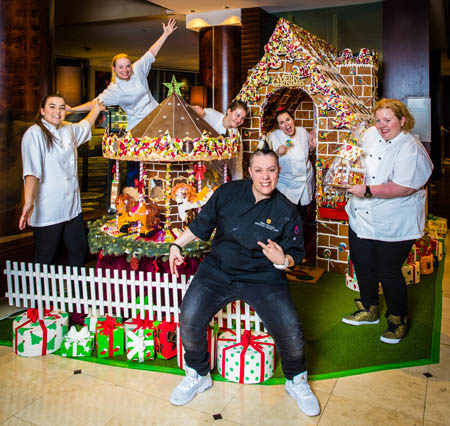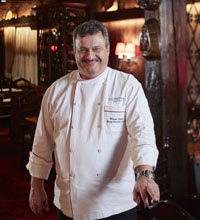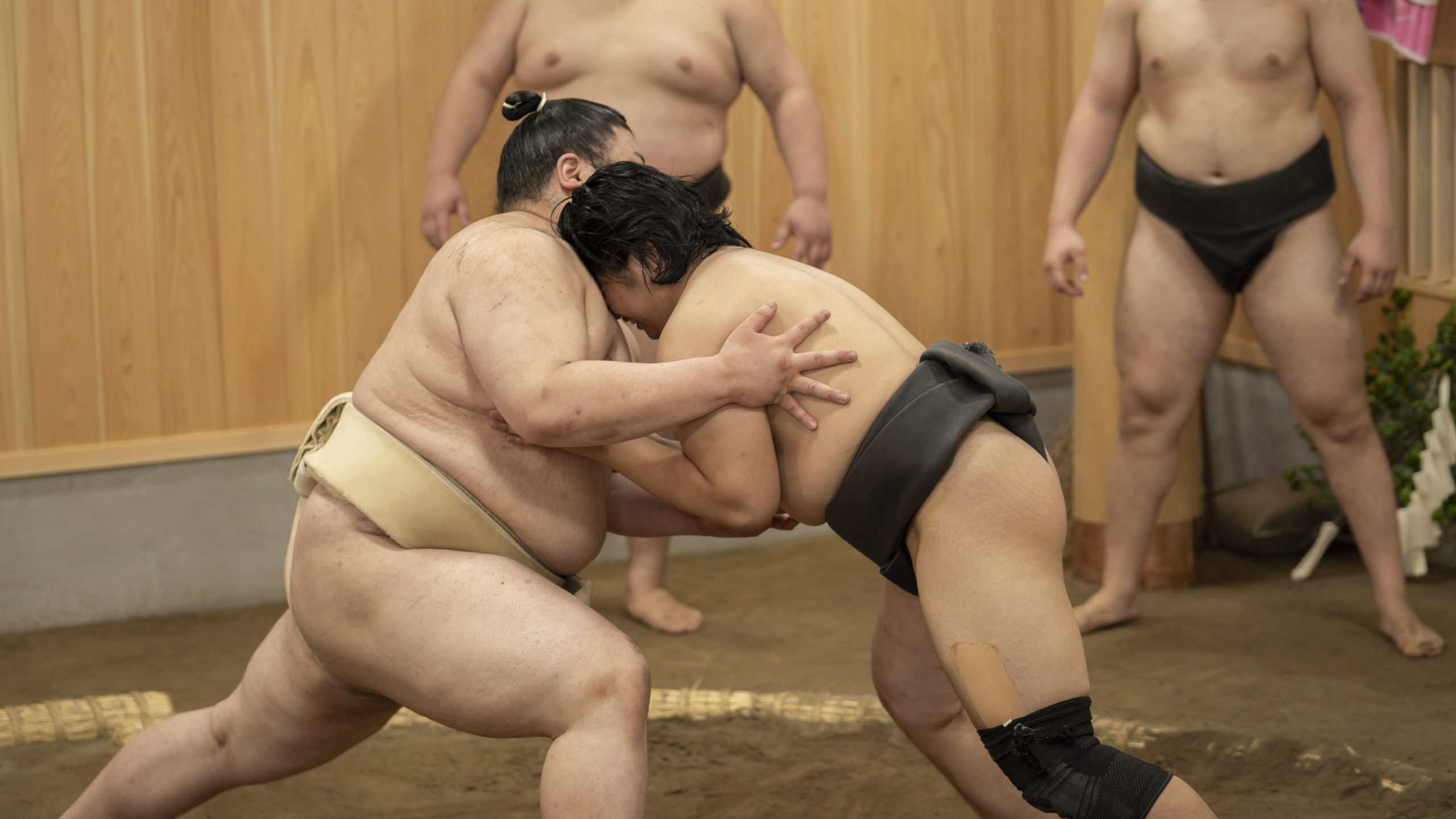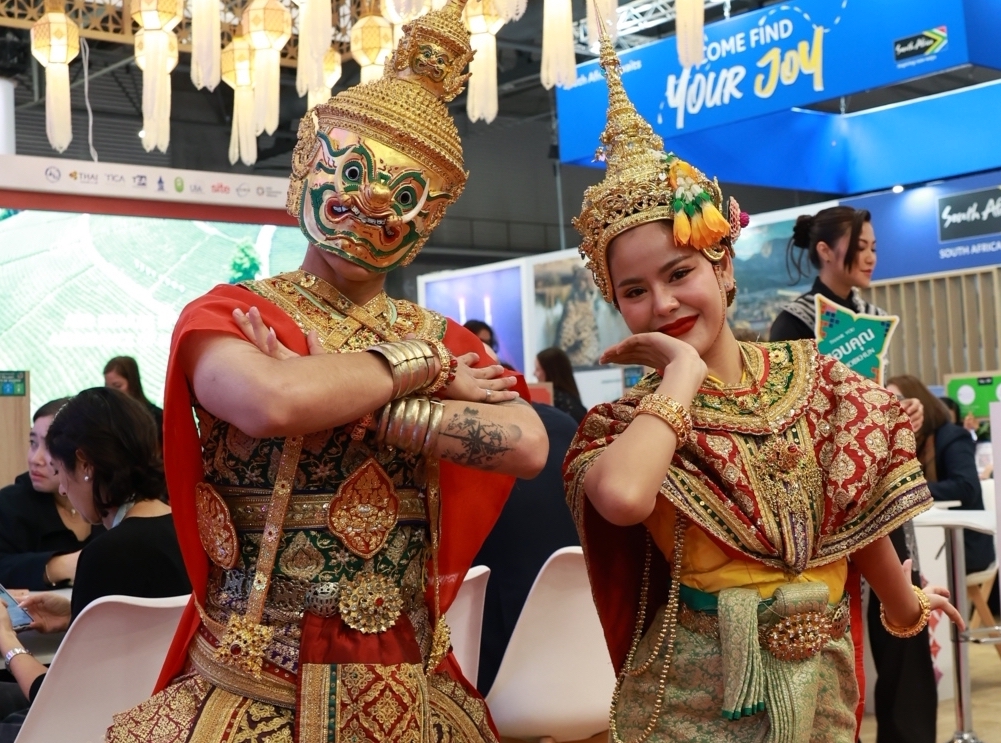
The festive season is upon us – a time of celebration and slightly sozzled bonhomie for the world in general; of sagging professional smiles from frontline hospitality professionals; and of sleepless nights and bitten-down nails for event planners.
How to survive the season? We asked a few of the hotel people whose business it is to make your festive corporate lunch, dinner or cocktail party a success.
It’s too late now, but apparently, half the secret is in the old Boy Scout’s motto: “Be prepared”.
“For me, it’s all in the preparation, briefing the team and making sure everyone is on the same page,” says Darren Hilditch, F&B director at the Kerry Hotel Hong Kong, now preparing for its first festive season of corporate entertaining.
“We need everyone to be singing from the same hymn sheet, attention to detail and plenty of coordination to produce these one-of-a-kind and memorable festive events. As they say – by failing to prepare, you are preparing to fail!”
Bearing that in mind, it is helpful at the outset for planners to have a clear idea of what they want, and also of what, realistically, is achievable on their budgets.
 Florian Trento, executive chef of The Peninsula Hotel in Hong Kong (left), knows from long experience. He says that while, like most hotels, the Pen offers festive catering packages, most events end up being “80 per cent bespoke”.
Florian Trento, executive chef of The Peninsula Hotel in Hong Kong (left), knows from long experience. He says that while, like most hotels, the Pen offers festive catering packages, most events end up being “80 per cent bespoke”.
“The worst that can happen is if you work with an event planner who doesn’t have a clue and assumes that we intuitively know what their vision is. And sometimes that vision is not aligned with their own client’s – whether weddings or festive events – which can be problematic if it hasn’t been communicated effectively,” says Trento.
“In general, we try to make sure that everybody can manage the expectations of the other party, and that you can sit around the table, and that all sides can agree. Misaligned expectations can be the most damaging.”
For organisers of stand-up events it’s also helpful for planners to consider how to present food and drink so that guests can easily consume about the right amount of each.
“We can gauge, for example, if they want to host a cocktail event from 7-9pm that, as this is dinner time, their guests will need to eat more heavy canapés, whereas if we are talking 5-6pm it’s more about cocktails only before dinner,” says Trento.
“You need to talk about what your purpose is. It’s again about managing expectations for the occasion, and this goes for seasonal as well as all other events.”
 If it’s a cocktail party it’s also helpful to order canapés that are practical to eat, notes chef Paul McLoughlin, Cordis Hong Kong’s culinary director (right).
If it’s a cocktail party it’s also helpful to order canapés that are practical to eat, notes chef Paul McLoughlin, Cordis Hong Kong’s culinary director (right).
“With any event when drinks are being served, the food being passed around should be bite sized and able to be eaten in, preferably, one bite and with one hand, while the other hand is holding a glass of potent eggnog. The food should not be messy or dripping with sauces, so as not to drip on the guest’s favourite Frosty the Snowman tie,” he advises.
It is a time of year at which a pragmatic approach to food is wiser than a vaultingly ambitious one.
“From previous experiences people who think they can cook, and know everything about food, make decisions from what they have seen on MasterChef, or Cooking with Martha Stewart, which spells disaster. Sometimes you just have to let the professionals handle it,” advises The Kerry Hotel’s executive chef, Matthew Bennink.
It’s not all about food and drink of course – atmosphere matters, and planners can take advantage of the fact that hotels go out of their way at this time of year to orchestrate a festive atmosphere just about wherever you may be on the property.
“At Shangri-La Hotel, Sydney, we like our guests to feel the festive spirit from the moment they enter our hotel,” says executive chef, Hemant Dadlani.
“To this end, our executive pastry chef, Anna Polyviou, is the mastermind behind Sydney’s biggest Gingerbread Train (main picture, top), which will be over four metres long with oodles of icing and lollies. The hotel is a key destination on Sydney’s Christmas calendar due to our festive installations, and the train will be on display throughout December.”
How far event planners decide to go in making aspects of their parties specific to the season is a matter of individual choice in all areas, from whether they feature carved turkeys, to whether or not to employ carol singers.
“The difference between a festive event compared with a normal function will be the decoration and food – this will set the tone and put the people in the festive mood,” says Paul McLoughlin.
“You do not need to have your servers dressed up as Santas and Santarinas, but there should be an effort made to let the guests feel the ambience is special and different. Music will help as long as it is not ‘Yanni live at the Acropolis’ playing Rudolph the Red Nosed Reindeer on his flute. You should be good to go with some tasteful background music.”
And, of course, there is the matter of the all-important social lubricant. Guests will appreciate it, and by the end of the evening planners may need it. As Matthew Bennink notes: “An energetic atmosphere, sharp but personalised service, and plenty of Champagne make a successful festive party that can be memorable – if not too much Champagne is consumed.”


